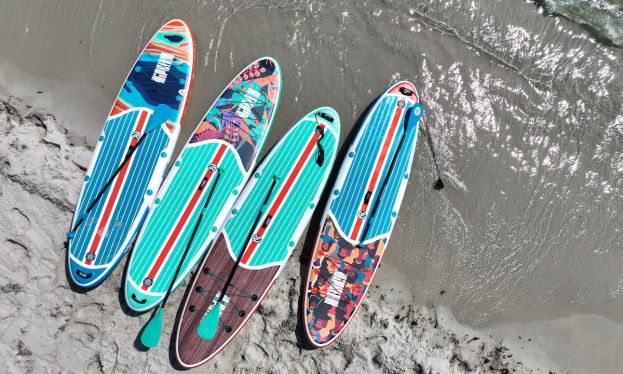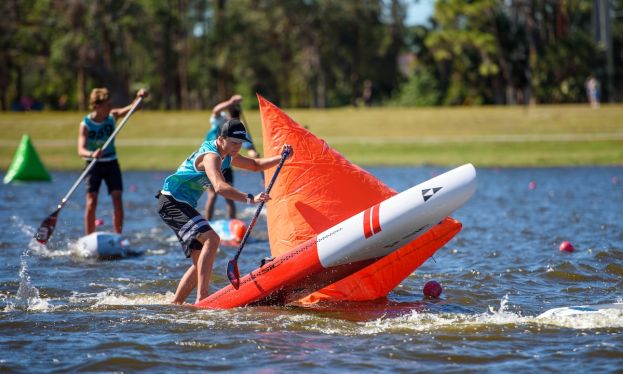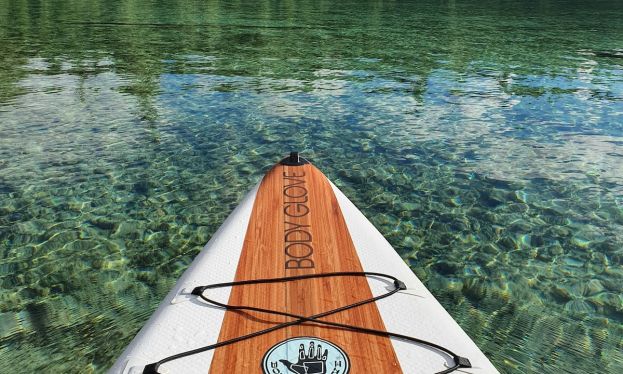Best Carb Choices For Very Active Paddlers
- Written by Jennifer Dawson
- Published in Tips
- Comments::DISQUS_COMMENTS
Carbohydrates are a vital component of a healthy, balanced diet, according to the Centers for Disease Control and Prevention (CDC). They are also the primary source of fuel for nearly all types of exercise, including paddling, and are an essential dietary component for both athletic performance and overall wellbeing. In order to maximize your paddling efforts, it's essential that you consume adequate amounts of the right type of carb. A few simple guidelines will make it a lot easier to understand the difference between various carbs, and to identify which sources will benefit you most.
Not all carbs were created equal
While carbs are undoubtedly an excellent source of energy, it's vital to remember that not all carbs were created equal. Refined carbs are found in processed foods such as potato chips, crackers, biscuits, white bread, sweets and sodas. These types of carbs may give you an energy boost to improve your paddling experience, but it will be short-lived. Following a diet filled with the complex carbs contained in vegetables, whole grains, beans and legumes will provide you with sustained energy levels that will not only benefit your paddling, but your overall health and wellbeing as well.
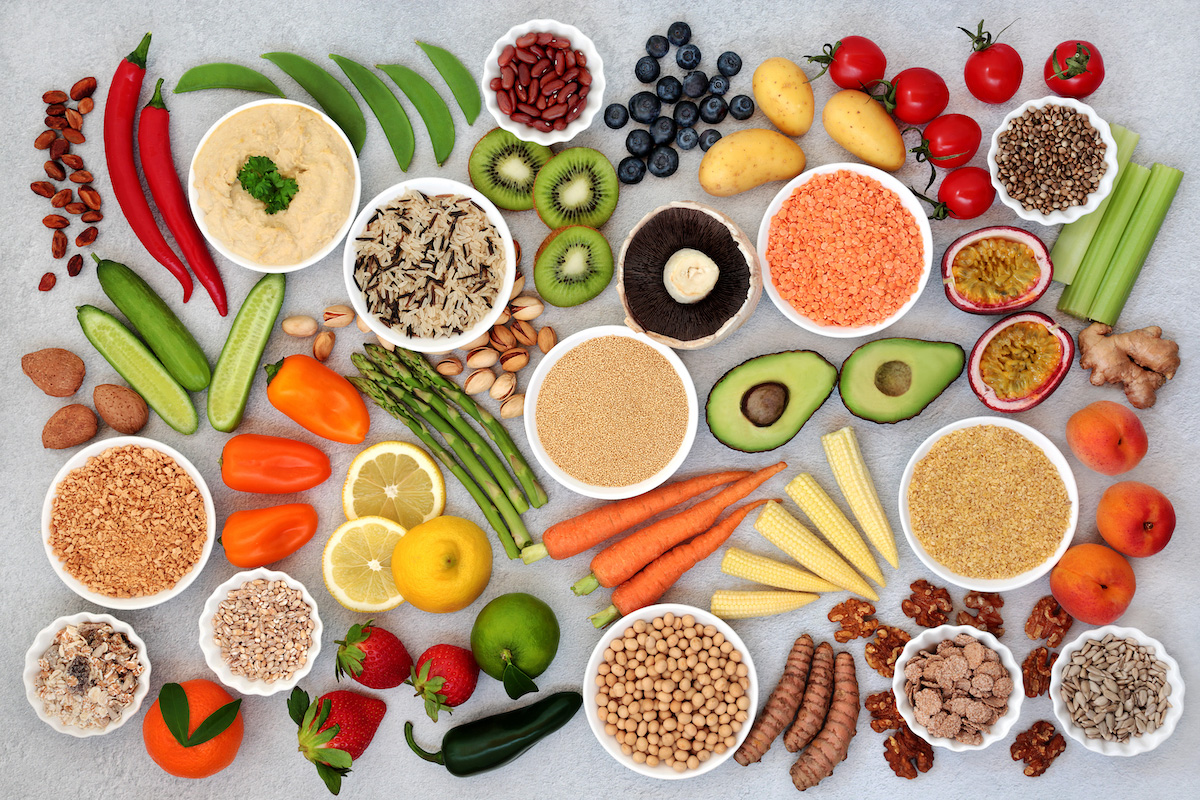 Healthy carbs. | Photo: Shutterstock
Healthy carbs. | Photo: Shutterstock
Count your carbs with care
If you're counting carbohydrates as part of your diet, it is very important to do so with great care. Before even attempting to count carbs, however, you need to gain a basic understanding of the difference between total carbs and net carbs, and also how they impact various diets. Total carbs refers to the carbohydrates from all sources, including sugar, fiber, and sugar alcohols. Net carbs, on the other hand, refers to total carbs minus the fiber. Which carbs you end up counting will be determined by your eating plan. If you're following a ketogenic diet, tracking your net carb intake will help you remain in ketosis. If you follow a high fiber diet, however, you will be better off tracking your total carb consumption.
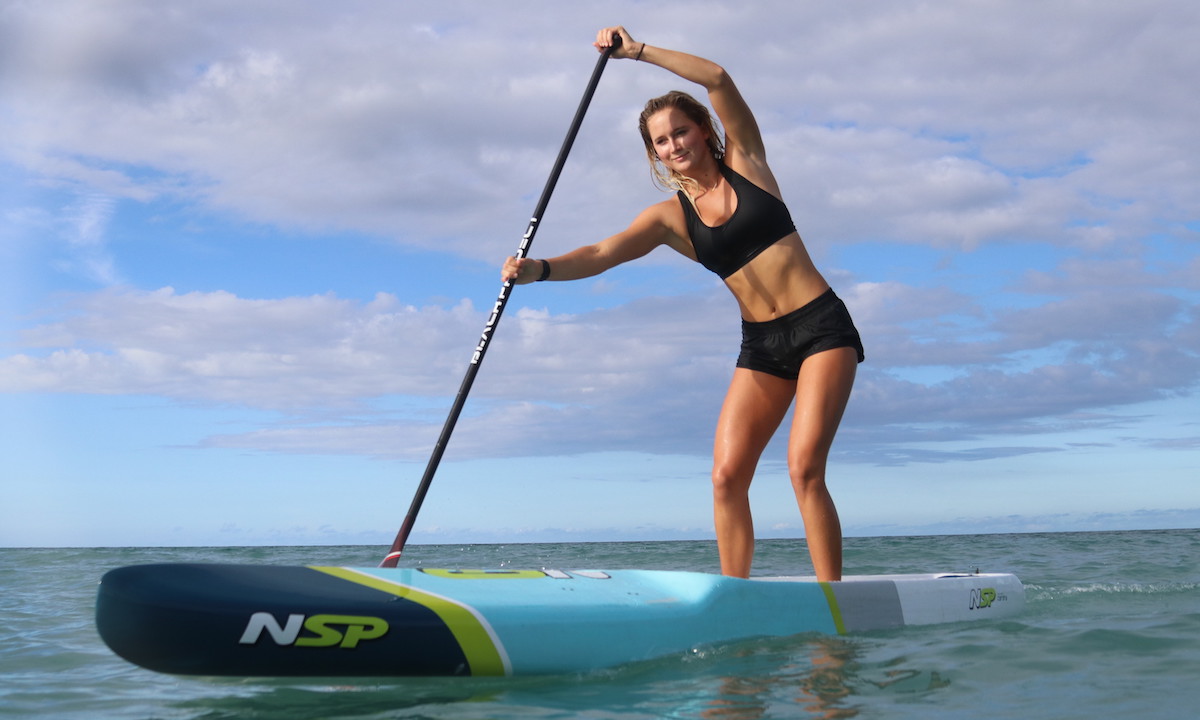
Carb loading may not be what you think
As a paddler, you may have heard about the benefit of ‘carb loading’ prior to a race, or even just a long day of intense physical activity. While there is definitely value in maximizing your glycogen reserves prior to vigorous activity, a number of big misconceptions exist as far as carb-loading is concerned. Having a gigantic meal consisting of pasta, garlic bread, and a side of fries is hardly a healthy carb load. A much healthier and more sustainable approach will involve a paddler consistently consuming adequate carbohydrates, upping intake in the week leading up to the race/special outing. Aim to eat meals that are high in carbs, moderate in protein, and low in fat during the week. You can still eat pasta, as long as you take care not to overload it with creamy sauces and copious amounts of high-fat cheese.
A diet that is filled with healthy carb sources has many benefits. Apart from enjoying sustained energy levels, it can also improve brain function and aid in digestion.
For more SUP nutrition tips, click HERE.

Jennifer Dawson
Jennifer Dawson is an experience freelance writer who specializes in food and nutrition. Working in fitness marketing previously gave her a good feel for the industry and since going freelance she has been able to explore her preferred topic areas such as diet, nutrition and food. Outside of work, Jen enjoys traveling, swimming and spending time with her young family.
Email This email address is being protected from spambots. You need JavaScript enabled to view it.



